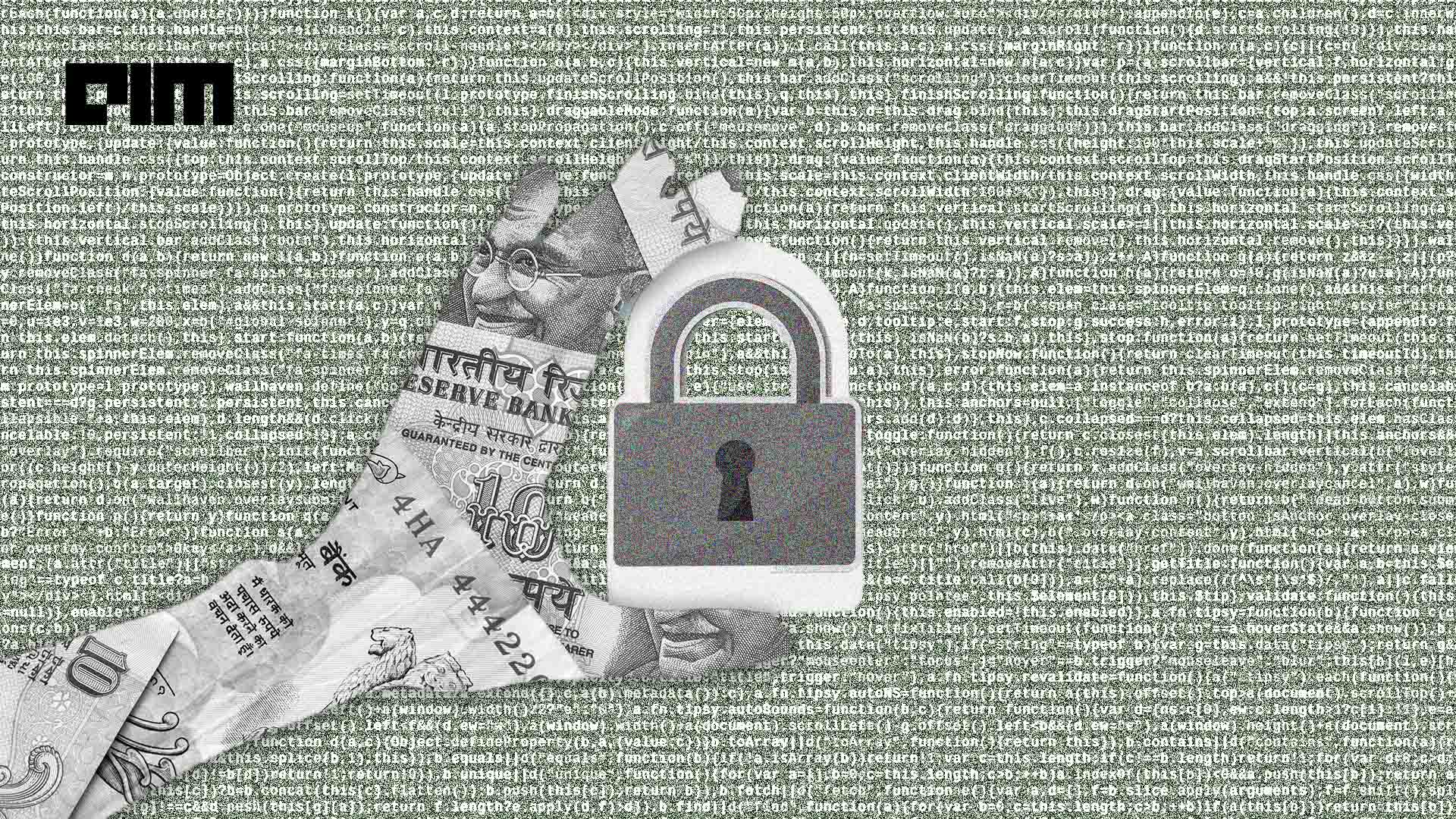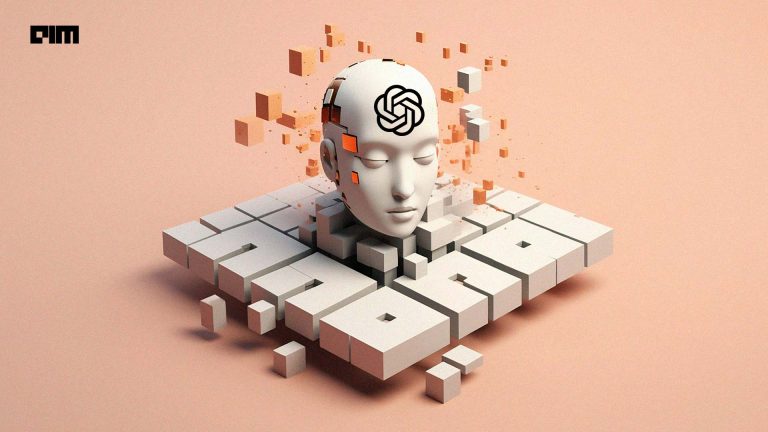|
Listen to this story
|
The Telecom Regulatory Authority of India (TRAI) has recommended a structure for regulating AI through the lens of a risk-based framework in a 141 paged document. Furthermore, the Ministry of Electronics and Information Technology (MeiTY) has been proposed as the designated administrative ministry for overseeing AI in India. As part of the framework, there are also plans to establish an independent statutory authority known as the Artificial Intelligence and Data Authority of India (AIDAI).
AIDAI will spearhead the widespread integration of AI models while collaborating closely with government-established standard-setting bodies, such as the Telecom Engineering Centre. Its primary objective is to accredit various laboratories for testing and certification of AI products and services. Additionally, AIDAI will provide recommendations to further enhance the development and adoption of future AI advancements.
The TRAI news comes under the backdrop of authorities globally stepping up to regulate AI in their respective countries and organisations. Today, coordinated by the White House, OpenAI has released an eight-point document outlining its commitments towards building and deploying safe and secure AI models. Domestically, MeitY is trying to bring similar norms in the much anticipated Digital India Act (DIA).
Read more: White House and OpenAI Make Another Lackluster Commitment to Safety
India’s digital revolution requires new regulations because the current ones are outdated since the latest entrant large language models have taken over the internet and enterprises. The existing IT Act has limitations in recognising electronic records, transactions, and signatures. While technology has empowered users, it has also brought challenges like user harm, security concerns, misinformation, and unfair trade practices. These issues need to be addressed with updated and comprehensive regulations.
Alongside the DIA, the Indian government also intends to address these concerns by passing the Digital Personal Data Protection Bill which will establish a balance between individuals’ right to protect their personal data and lawful data processing. This approach draws comparisons to the EU’s GDPR and has been recommended by experts like Mara Squicciarini, who emphasised the need for a harmonised policy that can have a global impact.
Read more: Digital India Act Expectations & Concerns



















































































